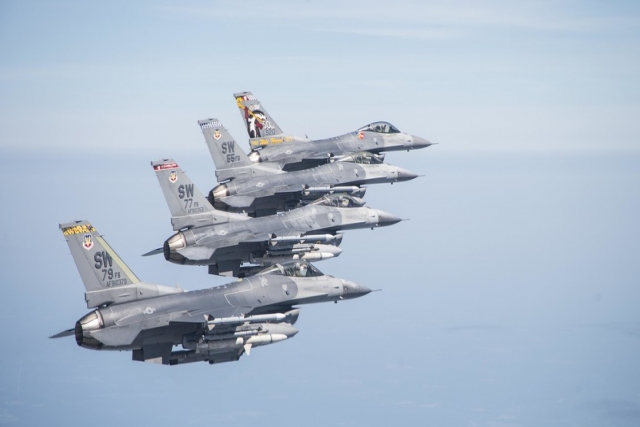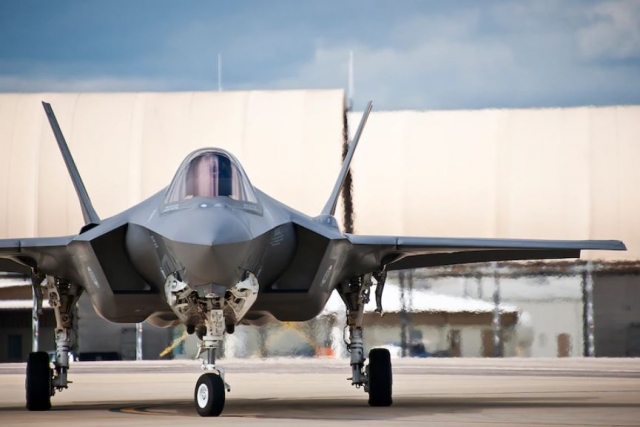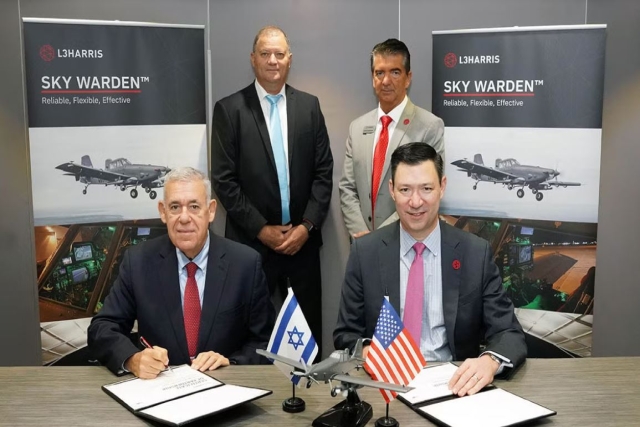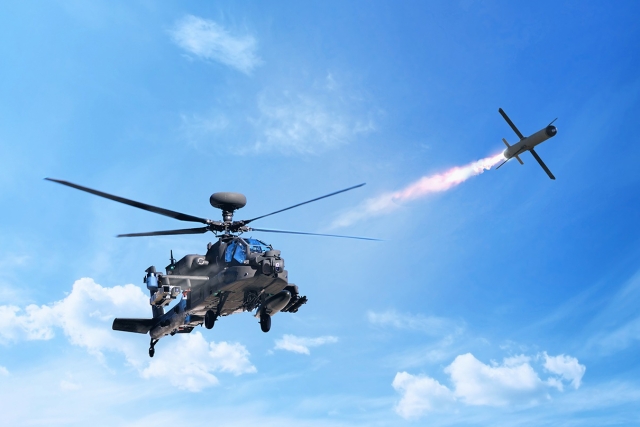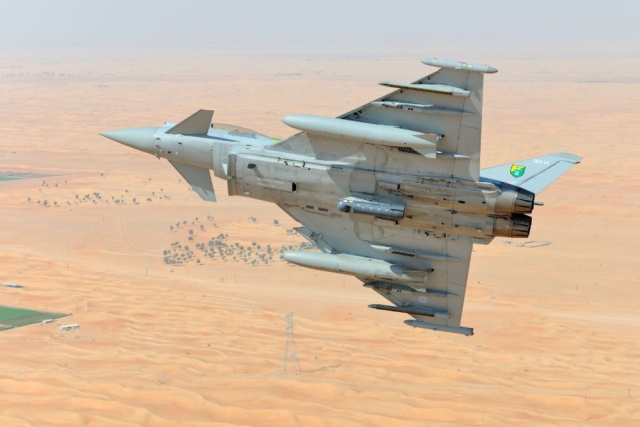Pilots Must Train in Skies to Avoid Mishaps: US Report
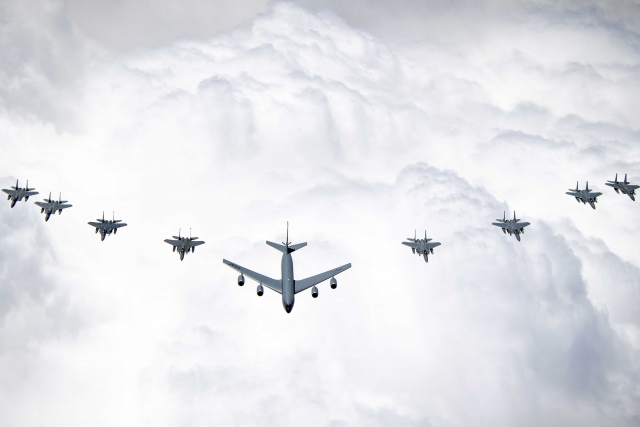
A major chunk of military aircraft accidents between FY 2013-2018 took place due to human error, which in turn can be attributed to low flight hours.
In a report published on December 3, the U.S. National Commission on Military Aviation Safety (NCMAS) said over 6,000 aviation mishaps cost the military 198 lives, 157 aircraft, and $9.41 billion in damages. While this Commission was conducting its six-year study, accidents claimed another 26 lives, 29 aircraft, and $2.25 billion.
Pilots and maintainers, regardless of Service, rank, or airframe stated these reasons behind the mishaps: insufficient flight hours, decreasing proficiency levels, inadequate training programs, excessive administrative duties, inconsistent funding, risky maintenance practices, lack of aircraft spare parts, and a relentless operations tempo.
Nearly 43% of these accidents was due to human error (not following procedures, not coordinating properly with other aircrew or those on the ground, etc) which can be prevented by improving pilots’ proficiency.
Pilots are spending more time on assignments away from the cockpit, while maintenance staff are saddled with "voluminous additional duties" unrelated to their primary job descriptions that take away from training opportunities. Flight hours are being replaced with simulator hours, yet the simulators are often outdated, out of service, or unavailable, the report says.
NCMAS Recommendations
The commission recommends the military increase flight hours, provide better training and career opportunities for maintainers, prioritize safety at senior levels in the Department, provide reliable and consistent funding - and better manage the environmental factors that lead to chronic fatigue and unsafe conditions.
It also calls for the Services to restore flight hours to not less than fiscal year 2010 levels for schoolhouse and operational units. Congress must also grant the Services standing authority to increase the aviation bonuses from up to $35,000 to up to $100,000 per year to retain pilots in exchange for a commensurate additional service commitment.
Creation of Joint Safety Council (JSC)
NCMAS has also suggested creation of a Joint Safety Council (JSC) to advise the deputy secretary of defense on safety issues. Led by safety officials from the military services, the council would establish military aviation safety standards, collect and analyze safety data, and develop safety priorities.
